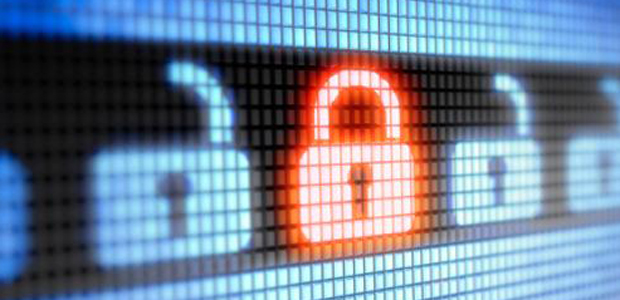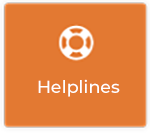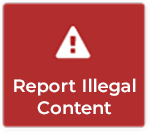EU Kids Online Policy Recommendations
A new approach to the safety of EU Kids Online?
Children are going online at ever younger ages and their use is increasingly mobile, easily escaping adult supervision. New responses from policy makers are vital. The EU Kids Online Report 2010 aims to give policy makers up-to-date advice on how to educate and protect children against online risks such as bullying, pornography and making contacts with inappropriate people.
Irish Kids Online – EU Kids Online
Children in Ireland fall into that group of countries classified as “lower use, some risk”. They are more risk averse and less innovative users of the Internet than their counterparts in most European countries. This is despite the fact that a number of findings highlight above average patterns for Irish children. For instance:
- Use of the Internet at home (IE 87% vs. EU 62%)
- Mobile Internet access (IE 46% vs. EU 31%)
- Going online via gaming consoles (IE 44% vs. EU 26%)
Irish children engage in fewer online activities and at the lower end of the “ladder of opportunities” highlighting an important area for educators and policy makers to focus on.
Dr. Brian O’Neill, Head of the School of Media at DIT said:
“Given the importance of the IT sector in Ireland’s economy with many of the world’s leading technology firms locating their European headquarters in Ireland, it is essential that infrastructure for education and policies to support maximising information society opportunities for all go to the top of the policy agenda. Specifically the responsibility for promoting media literacy, for instance, currently vested in the broadcast regulator, needs to be expanded to encompass the online world.”
Professor Sonia Livingstone from the London School of Economics, who headed the project, said:
“Unbalanced headlines and confusion have contributed to the climate of anxiety that surrounds public discourse on children’s use of new technology. Panic and fear often drown out evidence. The emerging picture from the EU Kids Online evidence should guide schools, parents, government, civil society, industry, and children themselves in working together to balance the risks and opportunities presented by new technology. Our research establishes the evidence-based priorities for this renewed effort.”
The full report can be downloaded from www.eukidsonline.net.
Summary of Key EU Kids Online Recommendations
- Children have the right to protection and safety online but they must also take responsibility for keeping safe and respecting the rights of others on the Internet.
- It is important that policy makers continue to emphasise children’s online opportunities.
- A new focus is needed on internet safety for younger users.
- Safety messages should be adapted to new modes of access.
- Educational support and digital literacy is needed for those who do not progress very far up the ‘ladder of opportunities’.
- Positive online content for children should be made a policy priority.
- Digital safety skills are needed to build resilience online.
- Social networking service providers need to ensure that maximum protection is provided for the accounts of minors.
- Awareness-raising in relation to online risks should be balanced and proportionate, and targeted at those most at risk of harm.
- Parental awareness of risks and safety online needs to be enhanced.
- Responses to young people’s exposure to online sexual content needs to be proportionate and should focus on those most likely to be distressed or harmed by such exposure.
- Sensitive responses to bullying are required with equal attention to online and offline occurrence.
- Parents need to be more aware of the practice of offline meetings with contacts first made online.
- Policy makers need to be alert to new risks that affect children and young people, especially arising from peer-to-peer contact.
- Awareness-raising should highlight effective coping strategies in safety messages, emphasizing social supports such as talking to parents, friends and teachers, as well as the use of online tools.
- Practical mediation skills for parents should be a part of the overall effort to build awareness among parents of risks and safety online.
- Parental control software needs to take the needs, knowledge and interests of parents into account in order to improve uptake and develop more effective technical solutions.
- Levels of teacher mediation are high but could be higher, as a large minority of children are not reached by teacher guidance. Since schools have the resources to reach all children, they should take the biggest share of the task of reaching the ‘hard to reach’.
- Industry sources should be proactive in fostering internet safety awareness and promote safety education in a prominent and accessible manner.
EU Kids Online – Recommendations for Education Policymakers
More broadband penetration in a country is linked to greater online risks but not more online opportunities. This suggests that better access brings more risks than are adequately dealt with by policymakers. In countries where children receive more education, or have more computers in the classroom, digital skills are higher, so education has a positive role to play in supporting digital skills, literacies and citizenship, and should be supported across all countries.







